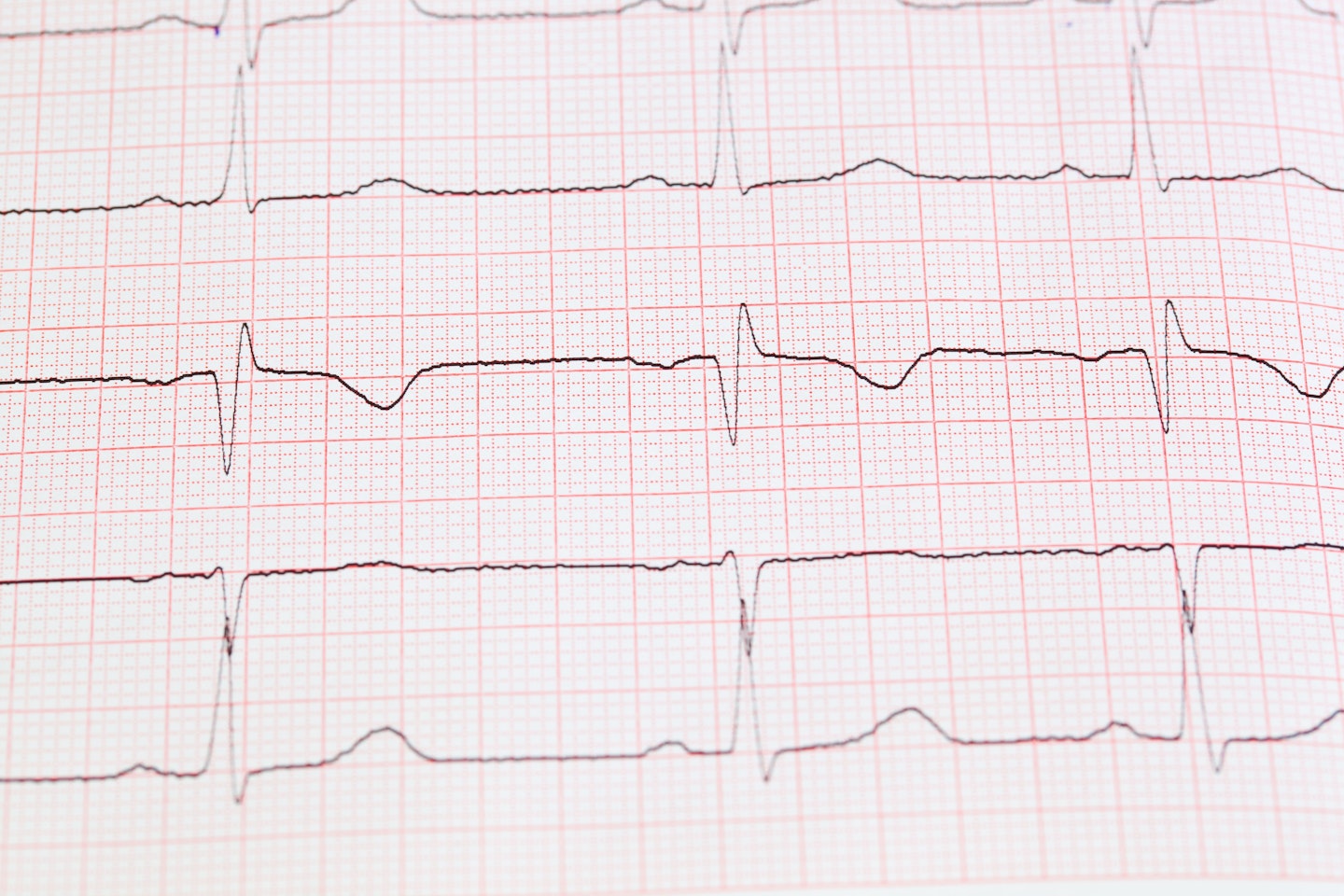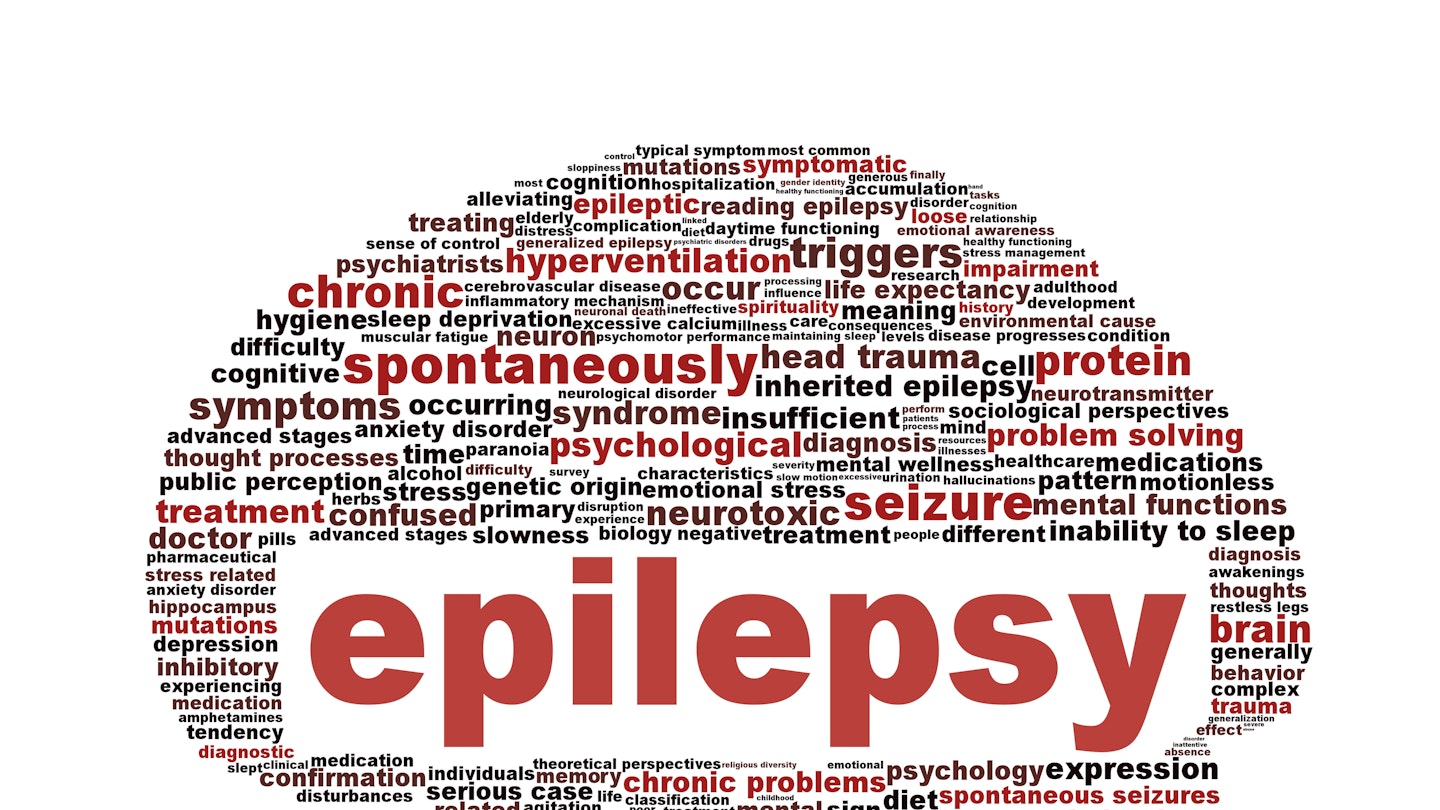If you think you’ve had a seizure, you need to see your GP. If they think you might have epilepsy, they will usually arrange for you to see a specialist at the hospital. This is to make sure you get the right diagnosis and have the best treatment possible.
The epilepsy specialist is usually a neurologist (for adults) or a paediatrician (for children).
Epilepsy clinics
If there is an epilepsy clinic in your area, your GP (family doctor) will usually refer you there. Epilepsy clinics provide things like ‘fast-track’ appointments for people who have had their first seizure, and the latest scanning equipment.
Keeping a seizure diary
A seizure diary can be helpful to record what’s been happening with your epilepsy, for you and your doctor/epilepsy specialist.
You can use your diary to record anything to do with your epilepsy, for example:
-
When you have seizures
-
What type of seizures
-
Any possible triggers
-
If you think your seizures might be linked to your periods
-
If you’re having any possible side-effects from your medicine

Tests used in the diagnosis
The epilepsy specialist may arrange for you to have some tests at the hospital. None of these tests can prove that you do or do not have epilepsy. However, they can sometimes give useful information, such as the cause of your epilepsy and the type of seizures you have.
Here are the different types of tests:
EEG (electroencephalogram)
An EEG test measures the electrical activity that is happening in your brain. During the test, an EEG specialist places harmless electrodes on your scalp, using a special glue or sticky tape. The electrodes are connected to the EEG machine, which records the electrical signals in your brain onto a computer.
An EEG only shows what is happening in your brain at the time the test is being done. So, if there is no epileptic activity in your brain at the time the test is conducted, the EEG will show clear results.
However, EEG tests can sometimes provide useful information to doctors.
For more information on EEG tests, click here.
CT scans (computerised tomography)
A CT scan is a type of X-ray that shows the physical structure of the brain. The CT scanner, which looks like a giant thick ring, will rotate around your head, taking X-rays.
A CT scan doesn’t show if you have epilepsy. However it may show if there is anything in your brain, such as a scar, or damaged area, that could cause epilepsy.
MRI scans (magnetic resonance imaging)
An MRI scanner uses radio waves and a magnetic field to show the physical structure of the brain. An MRI scanner is more powerful than a CT scanner. It has a higher chance of showing something in your brain that could cause epilepsy.
For more information on MRI scans, click here.
Blood tests
These are used to check your general health, and to look for any medical conditions that might be causing epilepsy. They can also be used to find out if your seizures are not caused by epilepsy, but another medical condition, such as diabetes.

What should I ask my doctor/specialist?
Epilepsy Action found that some people with epilepsy have found it useful to have a list of questions to ask their doctor. For some people this might be their family doctor or epilepsy specialist. For others, it might be an epilepsy specialist nurse, so write down questions as they come to you leading up to your appointment so you don't forget.
Preparing for you appointment
-
If you can, take someone with you. They can support you and explain exactly what happens when you have a seizure
-
Keep a detailed seizure diary
-
Organise your thoughts before you go, i.e. write a list of questions
-
Try to make sure all your questions are answered. If there’s not enough time to cover your questions, ask for another appointment
Here are some examples of questions you might ask:
-
Why do you think I have developed epilepsy now?
-
Has my epilepsy got a particular name?
-
What is the outlook for my epilepsy?
-
How does epilepsy medicine work?
-
When should I take it?
-
Must I take it exactly as stated?
-
What happens if I miss a dose, am sick, or have diarrhea?
-
What are the possible side-effects of my medicine?
-
Which side-effects are important to see you about?
-
What will happen if my medicine doesn’t work?
-
Can you explain how the driving regulations will affect me?
You might want to discuss an epilepsy care plan with your doctor. This is a booklet that can be filled in and updated by you and any professionals you see about your epilepsy.
For example:
-
What happens to you during a seizure
-
How long you take to recover from a seizure
-
How long your seizures normally last
-
What to do if your seizures last longer than usual
-
Anything that makes your seizures more likely
-
Which epilepsy medicine you take
-
The details of your doctors
Epilepsy Action has launched the Seize Control campaign toolkit to help you work more closely with your GP, epilepsy specialist and nurse. Asking them specific questions could help you, and them, to make the right decisions about your treatment.
For more information visit Epilepsy Action or call their freephone helpline on 0808 800 5050.
To read more about Epilepsy, try these:
